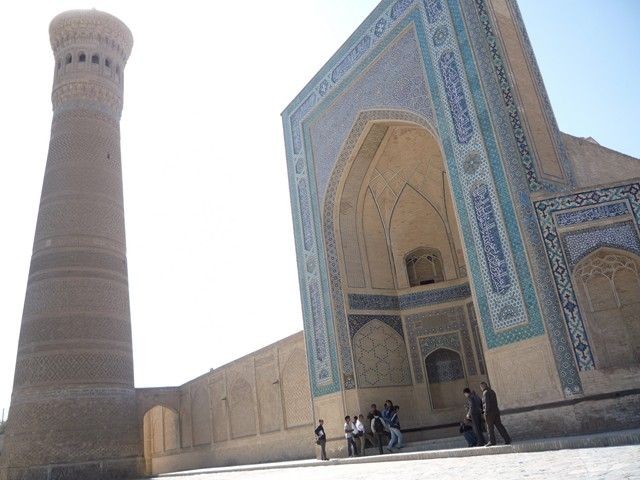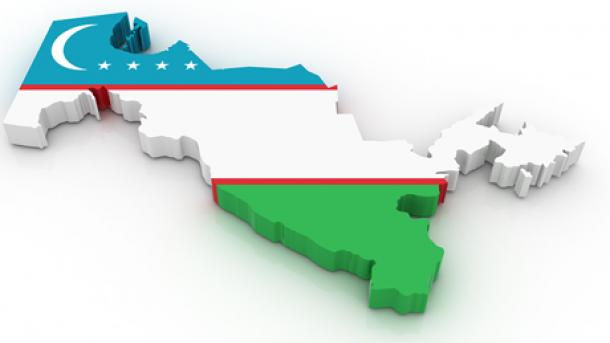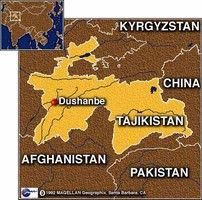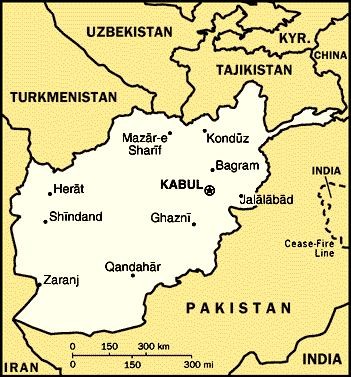TASHKENT (TCA) — Although there has been a marked change in the government’s attitude toward believers, being devout Muslims still remains dangerous in Uzbekistan. We are republishing this article on the issue, originally published by Eurasianet: The opening hearing of Guzal Tokhtakhadjayeva’s criminal trial last month began late because of the hubbub that day at Tashkent city court. On April 16, an unusually large crowd of rights activists, foreign reporters and well-wishers had gathered outside the court in Uzbekistan’s capital to hear another day of testimony in the state’s case against a well-known journalist accused of sedition. Few gave Guzal much heed. Both trials, however, may prove to have had equally consequential implications for the nation’s future. The journalist, Bobomurod Abdullayev, ultimately walked out of court on a suspended sentence in what some took as a signal of the government’s willingness to ease its intransigence toward the press. The other case may provide clarity about where the state stands in its evolving relationship with fringe religious communities. Guzal, a 31-year-old from one of Tashkent’s old quarters, was in the dock with her husband Muhammad Rashidov on suspicion of distributing propaganda materials of a proscribed Islamist group and seeking to undermine the constitution. Another two relatives, a mother and son, are also on trial. In court, the prosecutor read out the accusation against Guzal in a monotone drone. “She engaged in the distribution of literature and leaflets and was also gathering funds for Hizb ut-Tahrir. She was observed by police operatives handing out 14 leaflets outside a mosque in Tashkent,” he said. Guzal rejects the specific charges, although her association with the group appears less in doubt. Almost all her immediate family have at some stage served time – or are still serving time – for their dealings with Hizb ut-Tahrir. Hizb ut-Tahrir was founded by a Lebanese Islamic scholar in the early 1950s and quickly took root across parts of the Middle East. Its very name, which is Arabic for Party of Liberation, strongly suggests an ethos no less political than it is religious. The party’s ideology combines a deep aversion for secular political order with often unabashedly intolerant views for anything perceived as un-Islamic. The group is banned in most of the former Soviet Union, though it operates openly in the West. Though in the immediate aftermath of independence Uzbekistan’s authorities pressured most religious thought outside the state-sanctioned orthodoxy, Hizb ut-Tahrir and similar-minded groups flourished in the 1990s. It was only around 1998 that the onslaught became truly ferocious. The history of arrests for links to Hizb ut-Tahrir in Guzal’s family began in November 1999, when her father, Aziz Tokhtakhadjayev, was picked up by law enforcement officials on suspicion of being a member. Aziz was an academic and taught economics the Tashkent State University of Economics. He obtained his doctorate degree in Soviet times at what was then called the Plekhanov Moscow Institute of the National Economy. Initially, Aziz was sentenced to 13 years in jail. That penalty was...






